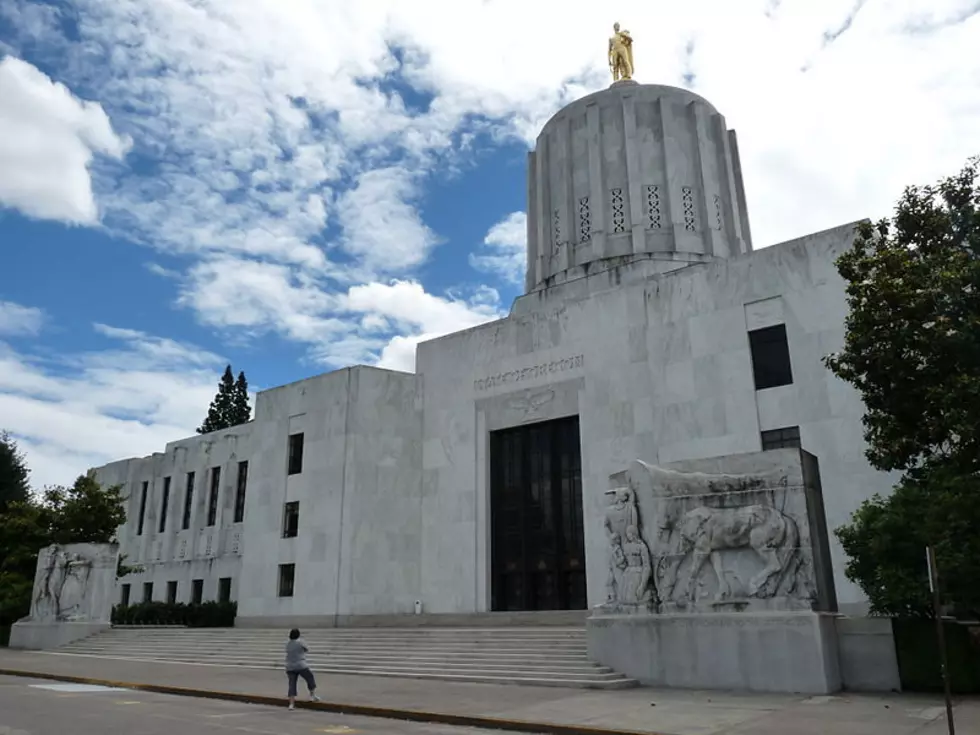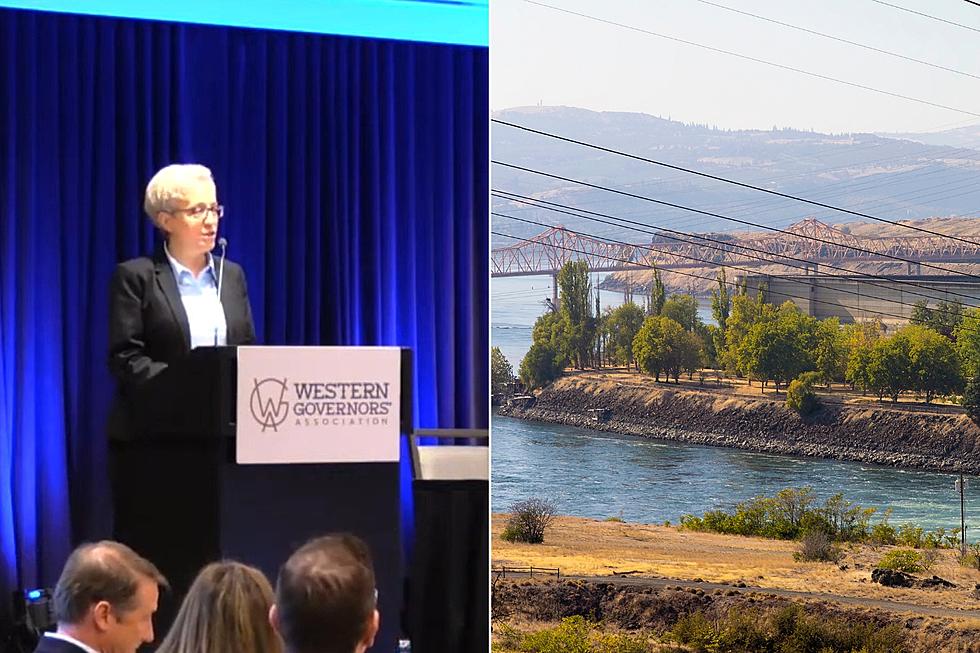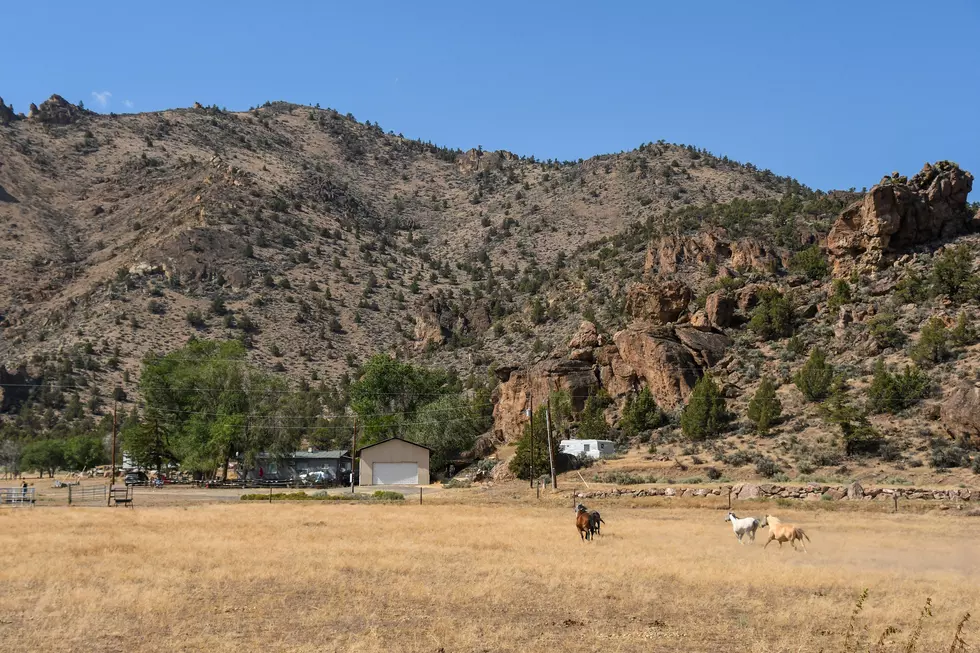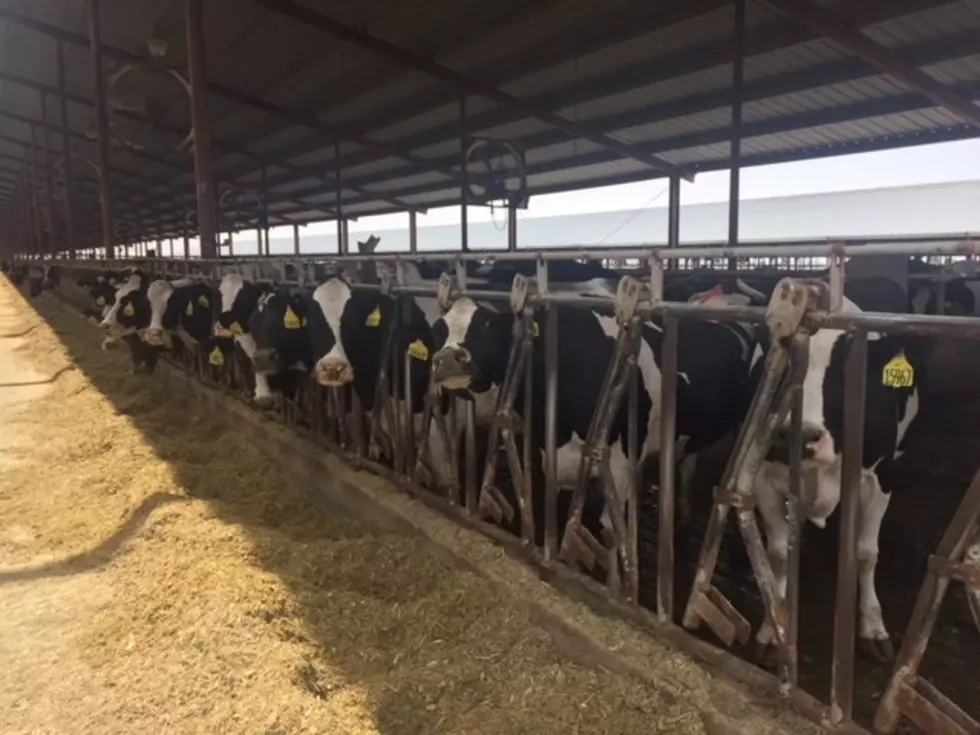
Brown Looks To Address Climate Change Via Executive Order
On Tuesday, Oregon Governor Kate Brown announced an Executive Oregon addressing climate change. Saying this will set new science-based greenhouse gas emissions goals, and direct state agencies to put new measures into effect, Brown said this effort will help meet Oregon’s climate goals.
"I’ve heard it loud and clear from our young people in Oregon: climate action is crucial and urgent. If we adults don’t take action right away, it is the next generation that will pay the price. We owe it to them to do our part to ensure that the globe they inherit is on a better trajectory than the one it’s on today," said Governor Brown. "Immediate and comprehensive efforts are needed to tackle this scourge that is devastating the Oregon we know and love, and a smart approach can both protect the environment and grow our economy.
"This executive order is extensive and thorough, taking the boldest actions available to lower greenhouse gas emissions under current state laws. As a state, we will pursue every option available under existing law to combat the effects of climate change and put Oregon on a path we can be proud to leave behind for our children."
Brown
says the executive order updates the existing state carbon emissions goals to
reflect the current science, setting a standard of 45% reduction from 1990
levels by 2035, and an 80% reduction from 1990 levels by 2050.
The order also outlines a variety of means to reach the new goals, including:
- Sector-specific
caps on climate pollution: Directs the
Environmental Quality Commission to set and enforce sector-specific caps on
climate pollution for three of the largest sources of emissions in our
state: transportation fuels, natural gas, and large industrial polluters. Caps
will decline over time in order to meet the state's greenhouse gas reduction
goals. - Doubles the Clean
Fuels Program: To reduce
climate pollution from cars and trucks by 20% by 2030, and 25% by 2035, the
state will more than double the Clean Fuels Program.
This is the most ambitious goal for clean fuels in the country, and it will
substantially reduce carbon emissions in the transportation sector, using a
model proven to reduce pollution at a very minimal cost. At the same time, it
will create new jobs in the biofuels sector and expand investment in
transportation electrification. - Higher energy
efficiency for buildings and appliances: Directs
the state’s building codes division to move rapidly to increase energy
efficiency requirements for new buildings and directs the Oregon Department of
Energy to make Oregon’s appliance efficiency standards equal to the most
stringent in the country. - Strategic plan to
accelerate usability of electric vehicles: Directs the Oregon Department of
Transportation (ODOT) to create a statewide public electric charging plan
to accelerate the usage of electric vehicles across the state. - Emissions-conscious
transportation spending: Directs ODOT to
develop a tool to evaluate all future transportation spending, including road
expansion, through the lens of reducing greenhouse gas emissions, and requires
regional transportation planning organizations in the state to follow suit. - Accelerates the
transition to clean energy resource in the utility sector: Directs the Public Utility
Commission (PUC) to help utilities achieve the new emission reduction
goals, and directs the PUC to implement the recommendations of the
Governor's Council on Wildfire Response to safeguard our grid from the growing
risks and severity of wildfires. - Adds climate
action as a top priority for agency decision making: Directs state agencies to add climate
action as a lens for all of their work, which will lower carbon
emissions across current agency activities, including as agencies spend
the state's budget on goods and services.
Vist the Governor's Website to read the entire Executive Order.
If you have a story idea for the Washington Ag Network, call (509) 547-1618, or e-mail gvaagen@cherrycreekradio.com
More From PNW Ag Network









